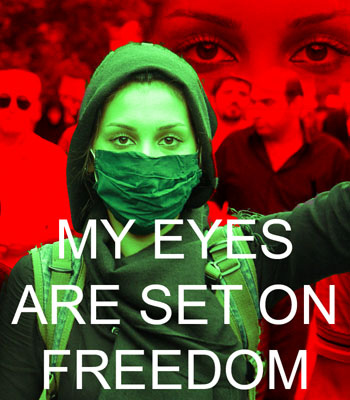Nepal: opening first field hub, UN health agency expands support to areas cut off by quake

World Health Organization (WHO) establishes new field office in the Gorkha district of Nepal to boost assistance to those survivors that have been unreachable since the devastating 25 April earthquake. Photo: WHO/A. Khan
Source:UN News
3 May 2015 – In a major step to boost the health-care assistance to earthquake survivors in Nepal who have been unreachable since last week's devastating 7.8 magnitude earthquake, the United Nations World Health Organization (WHO) today announced it is setting up a new field office in the remote, mountainous Gorkha district, considered to be near the epicentre of the quake.
According to WHO, the field office will be established in strategic coordination with the Nepalese government and other humanitarian partners, who are also establishing operational bases in the city. From there, WHO and the national authorities will be able to coordinate land and air support to rush medicines, health care professionals and other life-saving resources to some of the most remote regions impacted by the earthquake.
Gorkha is a three to four hour drive northwest of the capital and has been selected as the first major health hub outside Kathmandu. It is one of the districts most affected by the earthquake, but also provides a good base from which to access other severely impacted areas.
The new field office will start operating Monday and will form part of a major push by Nepalese authorities and the humanitarian sector to reach into remote, mountainous communities in urgent need of support. WHO says that the new base is the first of several and will also help shore up the emergency and routine health-care services that have arrived already in the area.
“Health care services are being delivered in built-up areas in Gorkha and those that still can be reached by road,” says Hyo-Jeong Kim, WHO Emergency Operations Manager, during a 2 May field visit to the hilltop village of Katteldanda in Gorkha. The village was devastated by the earthquake.
She explained that the agency has also identified seven communities beyond the Himalayas in an area not easily accessible, and where there are about 6,000 people who have not been reached with services since the quake struck. Below those villages, there are about 7,000 additional people who have not been reached, she added.
It is critical, Ms. Kim said, that health workers and medical supplies reach these areas immediately.
“It is essential that people are treated for injuries or infections that they may have, and then protected against diarrhoeal diseases, respiratory infections and other infections to name a few. Pregnant women must also be given rapid access to care for safe deliveries and to ensure that any complication of pregnancy or birth is rapidly addressed. ”
Copyright mediaforfreedom.com


